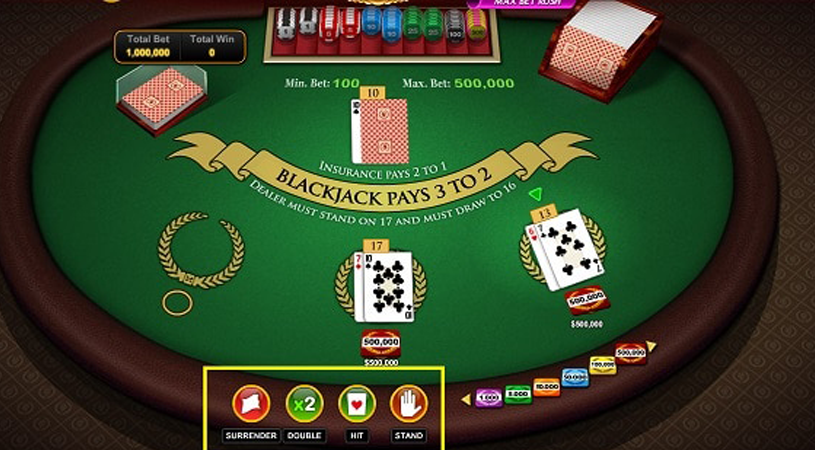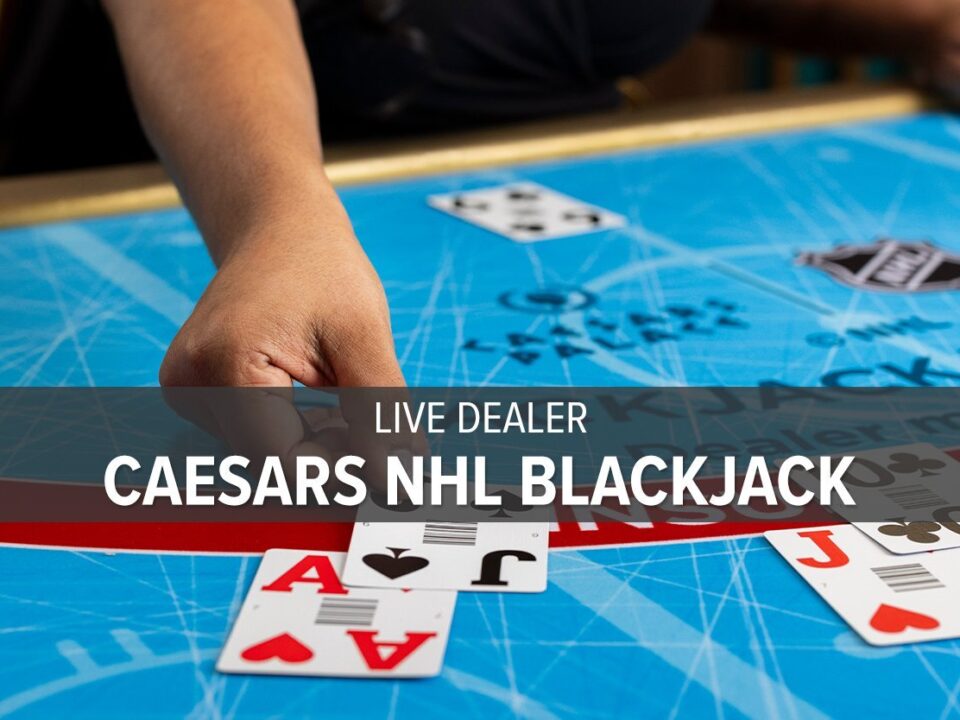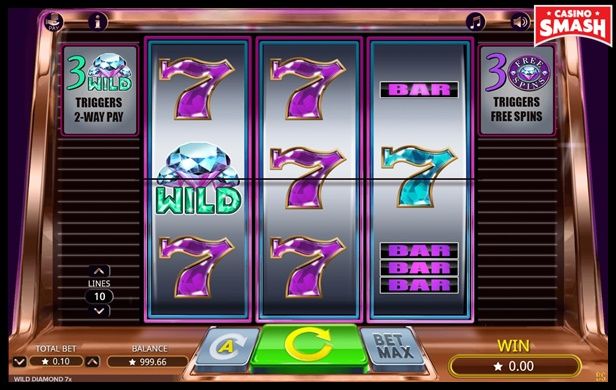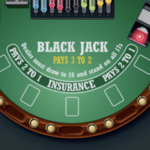
When to Double Down in Blackjack
November 22, 2023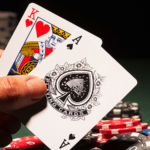
Blackjack Mistakes to Avoid
November 22, 2023The dealer deals the cards to three players. Player #1 is dealt an Ace-2 against the dealer’s 10 upcard. The player hits and draws an Ace, hits again and draws a 4, and as the dealer intones “8 or 18,” decides to stand. Player #2 is dealt a 4-5, takes a hit, draws a 7 for 16, then hits again and busts. Player #3 has a 7-4, and against the strong dealer’s 10, he decides to hit rather than double down. Do you see what’s wrong with this picture? All three players misplayed their hands. Now, let’s look at commonly misplayed blackjack hands.
Please visit Caesars to check out the industry-leading bonuses, incentives, and latest gaming opportunities!
Never Take Even Money
Taking the even money guarantee on your blackjack when the dealer shows an Ace has got to be the most widespread sin committed by blackjack players anywhere. So why do average players insist on taking even money? They don’t want to turn down a sure thing because they are afraid the dealer might have a blackjack, and they will wind up with a push.
But here are the facts about why the best play is NEVER to take even money. When you have a blackjack, and the dealer shows an ace 31 percent of the time, the dealer will also have blackjack, and you will tie. But that means 69 percent of the time, the dealer won’t have blackjack, and you will win 1.5 times your bet.
If you average these two possibilities, your average gain will be 1.04 times your bet. In other words, if you always take the “sure” even money, you’ll always win 1.0 times your bet. But if you decline the even money, your average gain will be 1.04 times your bet. So, isn’t it better to gain 1.04 units instead of one unit? The casino is counting on you to take the “sure thing,” surprise them, and always decline the even money payoff.
Standing on Soft 18 Against the Dealer’s 10
Many players whine that they never hit a good hand of 18. That’s the mantra of most players who believe 18 is a good hand that should never be messed with. But the facts are this: If you have a soft 18 against a dealer’s 10 and stand, you will lose more money than you win. You also lose more than you win when you hit but don’t lose as much as when you stand. So hitting soft 18 is the correct play even when your soft 18 hand consists of three or more cards. Thus, Player #1, dealt Ace-2-Ace-4 and stood, should have hit again.
Standing on 12 Against the Dealer’s 3.
This play confounds average players partly because they have heard so many times that they should not risk busting their hand when the dealer has a weak upcard showing. So why shouldn’t we stand with 12 against a 3? Two reasons. When you hit a 12 once, you can bust only if you draw a 10. What are the chances of that happening? Only 4 out of 13 times on average, which means 9 out of 13 times you will survive the draw and not bust.
Five cards—the 5, 6, 7, 8, or 9—will give you a pat hand of 17-21, so more cards can help you than break you. In addition, the dealer’s chances of busting are not as great as you think. With a 3 upcard, the dealer will break about 37 percent of the time (compared to 40 percent with a 4 upcard and 42 percent with a 5 or 6 upcard). Bottom line: Even though you’ll never get rich on 12 against a 3, no matter how you play it, hitting is the better play because it will save you money in the long run compared to standing.
Doubling on Small, Soft Hands
Most average players bungle their soft hands when the dealer shows a small card. For example, how would you play an Ace-3 against a dealer’s 3? How about Ace-5 against a dealer’s 4? 18 small soft hands should be doubled, and the easiest way to remember them is to follow these three rules:
- Never soft double against a deuce.
- Always soft double against a 5 or 6.
- When the dealer has a 3 or 4 upcard, play by the Rule of 9
Please visit Caesars to check out the industry-leading bonuses, incentives, and latest gaming opportunities.

